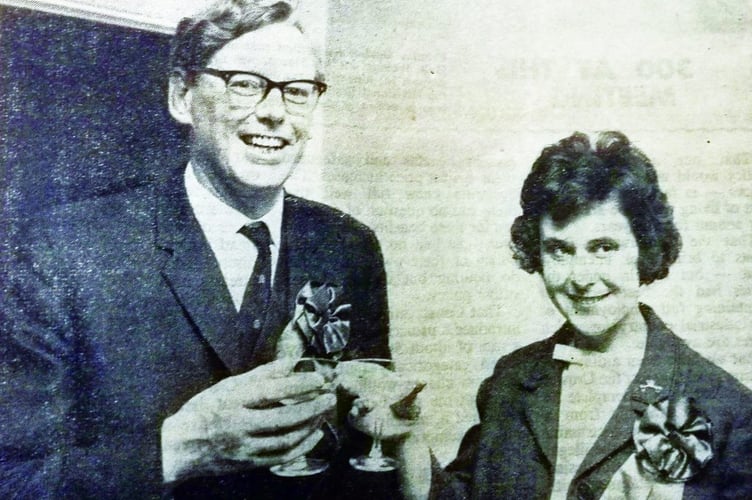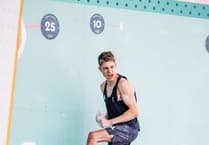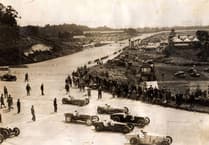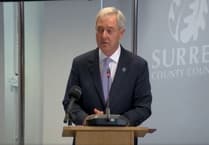AS THE country went to the polls this week, here is a look back at Woking during the general elections of 1910, 1966 and 1979.
Nothing more than a random selection of years, yet a good deal of election fever all the same.
There were two general elections in 1910, and things were certainly different then, notably as the first election of that year ran from 15 January to 10 February. Woking appears to have been part of the Chertsey division and there were two candidates, Donald Macmaster for the Conservatives and Francis Newbolt for the Liberals.
Reporting on the run-up to the election, the News & Mail wrote: “Interest is rapidly increasing to fever heat.” It added that the Liberals, who had unexpectedly won the seat in the previous election, were making the “most strenuous efforts” to hold it.
Polling day in Woking was 26 January, with the News & Mail of 28 January reporting: “The most striking feature about the day’s activities being the enormous number of motor cars brought into use to convey the voters to the poll. They were nearly all in the service of Mr Macmaster, and it was stated that there were between 200 and 300 running in the Conservative interest in the constituency.”
It added: “The Unionists [Conservatives] sent motors to Oxford and to Hertfordshire to bring up voters, and others were brought by similar means as far distant as Bournemouth and Salisbury – almost like using a steam hammer to crack a nut. One voter was conveyed to the poll at Goldsworth on a stretcher and more than one was wheeled into the voting place in a bath chair.”
And: “West End, Chobham, had never before had a polling station of its own and the vicar, the Rev Mills Robbins, led the way by recording his vote at 8am.”
It all worked in the Conservatives’ favour as Mr Macmaster won, polling 9,672 votes against Mr Newbolt’s 5,059 votes. However, nationally the general election resulted in a hung parliament.

The 1966 general election was held on 31 March and the Labour Party was returned to power, led by Harold Wilson. Woking was, of course, by then its own constituency and Cranley Onslow was returned as its Conservative MP. He polled 32,057 votes, against Labour’s John Downing (19,210 votes) and the Liberals’ Agnes Scott (11,104 votes).
The run-up to the election in Woking was not without drama, as the News & Mail reported: “Stones were thrown at the front of Churchill House, the Conservative general election headquarters, and a window was smashed. And more Conservative posters were torn down from trees.
“There was a tense moment at Mr Onslow’s eve-of-poll meeting in Christ Church Hall when a group of young people refused to stand for the National Anthem. ‘I understand they were Young Socialists,’ said Mr Tennant [Tory agent]. ‘They made some of our people very angry by refusing to stand’.”
The News & Mail reported that a record poll was being forecast. Mr Onslow more than doubled his previous majority with 31,719 votes, but with a surprise swing to Labour, who finished as runners-up (13,327 votes), with the Liberals third (9,991 votes). The candidate for the National Front lost his deposit (with 564 votes) and did not bother to turn up to the count at Woking Centre Halls.
If you have some memories or old pictures relating to the Woking area, call me, David Rose, on 01483 838960, or drop a line to the News & Mail.
David Rose is a local historian and writer who specialises in what he calls “the history within living memory” of people, places and events in the west Surrey area covering towns such as Woking and Guildford. He collects old photos and memorabilia relating to the area and the subject, and regularly gives illustrated local history talks to groups and societies. For enquiries and bookings please phone or email him at: [email protected]
For the full Peep into the Past, get the 12 December edition of the News & Mail



.jpeg?width=209&height=140&crop=209:145,smart&quality=75)
